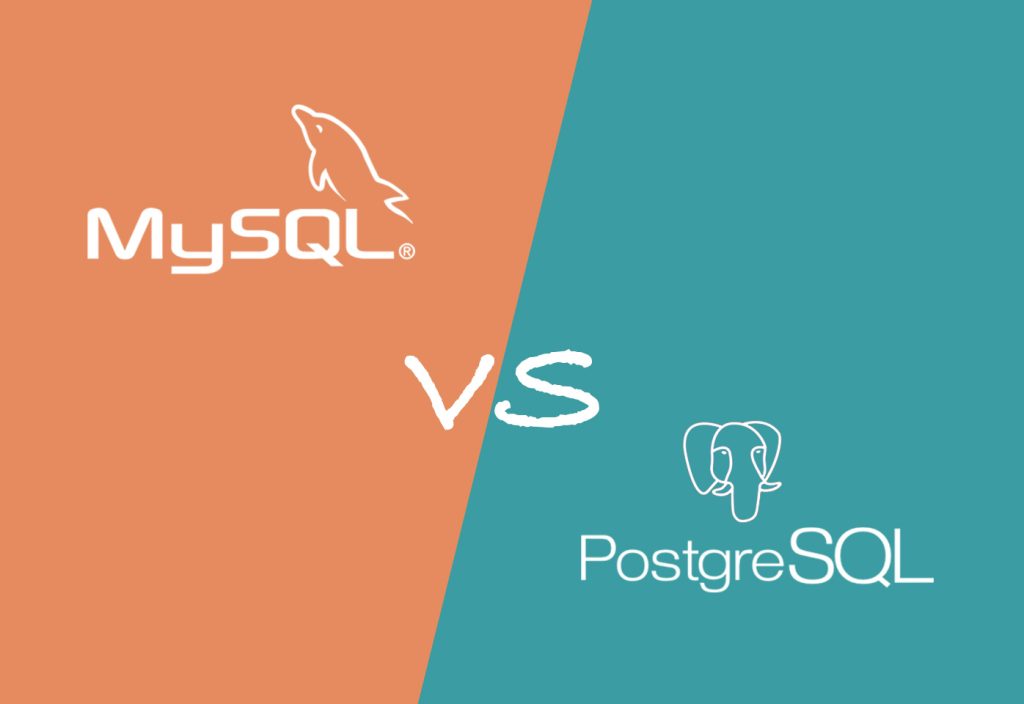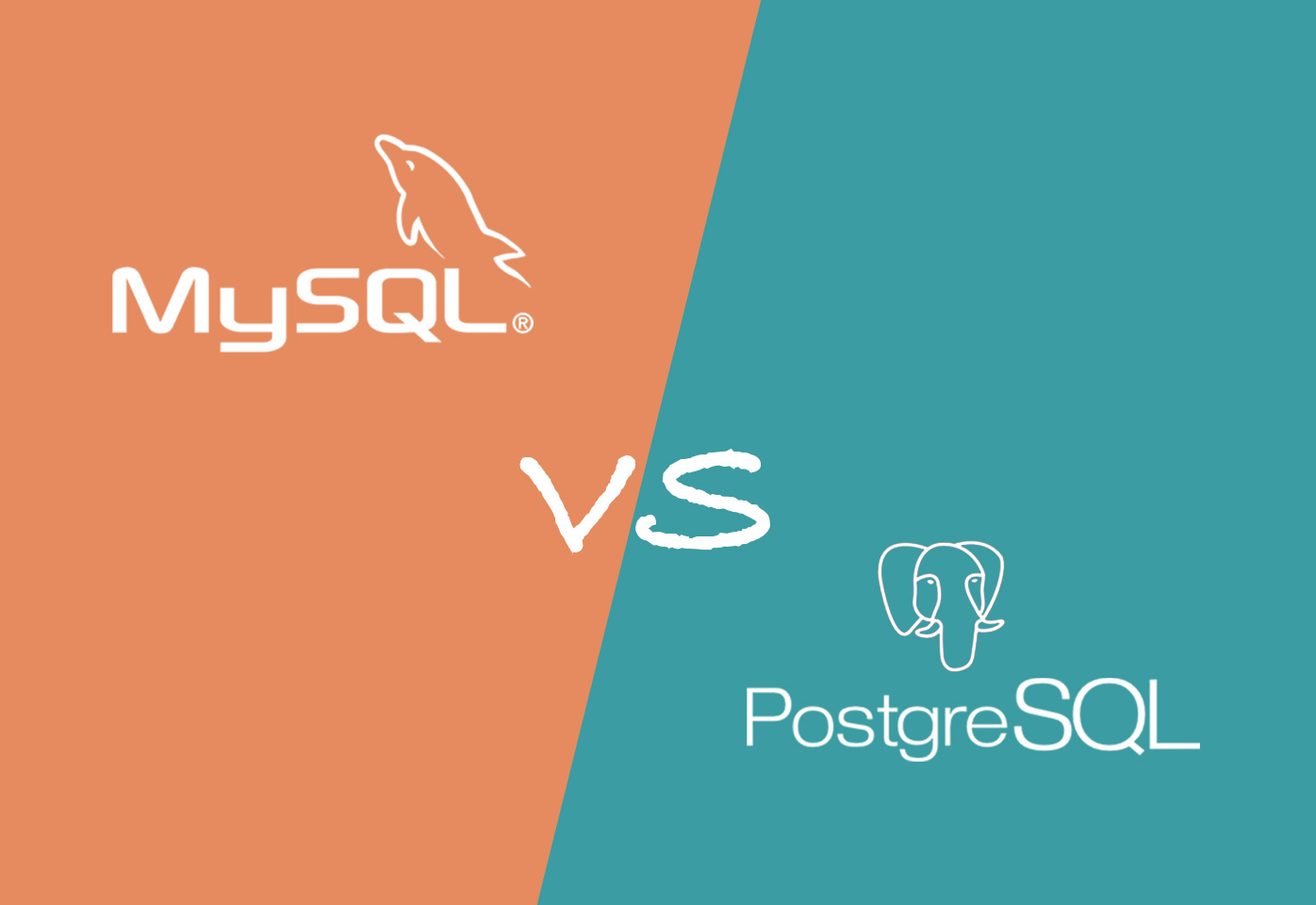
MySQL vs PostgreSQL: A Battle of Database Titans
In the world of database management systems, MySQL and PostgreSQL stand as two prominent contenders, each with its own set of strengths and weaknesses. Choosing the right database system can significantly impact the performance and scalability of your applications. In this article, we will delve into the MySQL vs PostgreSQL debate, comparing these two popular database management systems across various aspects to help you make an informed decision.
Understanding the Basics
Before diving into the comparison, let’s briefly understand the fundamentals of MySQL and PostgreSQL.
MySQL
MySQL, initially developed in 1995, is an open-source relational database management system. Owned by Oracle Corporation, it is renowned for its speed, ease of use, and reliability. Many web applications, including WordPress and Joomla, use MySQL as their backend database.
PostgreSQL
PostgreSQL, often referred to as “Postgres,” is also an open-source relational database management system. Its development began in the 1980s at the University of California, Berkeley. PostgreSQL has gained recognition for its array of advanced functionalities, adaptability, and adeptness in handling intricate data types.
Performance and Scalability
When it comes to performance and scalability, both MySQL and PostgreSQL offer robust solutions, but they cater to different use cases.
MySQL Performance
MySQL is well-suited for read-heavy workloads. It excels in scenarios where quick and straightforward data retrieval is essential. Its indexing mechanisms and caching capabilities make it an excellent choice for websites and applications with high read traffic.
PostgreSQL Performance
PostgreSQL, on the other hand, shines in write-heavy scenarios and complex queries. Its support for advanced indexing and optimization techniques allows it to handle complex transactions efficiently. This makes it an ideal choice for applications that require complex data manipulation and analysis.
Data Integrity and ACID Compliance
Ensuring data integrity and compliance with ACID (Atomicity, Consistency, Isolation, Durability) properties is crucial in database management. Let’s see how MySQL and PostgreSQL compare in this aspect.
MySQL Data Integrity
MySQL provides strong support for ACID compliance. It ensures data consistency and reliability, making it suitable for applications where data integrity is paramount.
PostgreSQL Data Integrity
PostgreSQL takes data integrity to the next level. It not only supports ACID properties but also offers advanced features like table constraints and customizable data types, allowing developers to enforce complex data validation rules.
Flexibility and Extensibility
The ability to adapt and extend the database system to meet specific requirements is essential. Let’s explore how MySQL and PostgreSQL stack up in terms of flexibility and extensibility.
MySQL Flexibility
MySQL offers a good level of flexibility, allowing developers to create and modify schema objects with ease. It provides support for stored procedures, triggers, and user-defined functions.
PostgreSQL Flexibility
PostgreSQL takes flexibility to a higher level. Its extensibility is unmatched, with support for custom data types, operators, and functions. This makes it an excellent choice for projects requiring custom solutions and complex data models.
Community and Support
The strength of a database system often lies in its community and support ecosystem. Let’s see how MySQL and PostgreSQL fare in this aspect.
MySQL Community
MySQL boasts a large and active community of users and developers. This translates to a wealth of online resources, forums, and third-party tools. You can easily find solutions to common issues and access a vast library of documentation.
PostgreSQL Community
PostgreSQL’s community is known for its dedication and expertise. It provides excellent support through mailing lists, forums, and conferences. The PostgreSQL Global Development Group ensures regular updates and security patches.
In the MySQL vs. PostgreSQL showdown, there is no clear winner. The choice between these two database management systems depends on your project’s specific requirements. If you prioritize read performance and simplicity, MySQL might be your best bet. However, if data integrity, complex queries, and extensibility are critical, PostgreSQL could be the superior choice.
Remember that both MySQL and PostgreSQL are powerful, open-source options, and your decision should align with your project’s unique needs.
In conclusion, whether you opt for MySQL or PostgreSQL, you’re in good hands with either of these robust database management systems. Your choice should align with your project’s specific needs and your team’s familiarity with the system. Now that you’re armed with knowledge about their strengths and weaknesses, you can confidently make the right decision for your next database project.
FAQs of MySQL vs PostgreSQL
Both MySQL and PostgreSQL are open-source and free to use, making them cost-effective choices for many projects.
Industries have their own needs, so choose a system that understands your industry’s secrets to success.
Yes, there are free and open-source vulnerability scanning tools available. However, for more extensive assessments, investing in premium tools may be necessary.
Well, they have some overlapping features, but generally, it’s best to have both. They complement each other to supercharge your business.
While it’s possible to conduct a basic assessment on your own, it’s recommended to involve a professional team for comprehensive assessments.
Yes, it is possible to migrate between MySQL and PostgreSQL, but it may involve some effort, as the two systems have differences in syntax and features.
Hotspot Shield has fine-tuned its premium subscription offerings to enhance compatibility with popular streaming services like Netflix, YouTube, Disney+, and various other streaming platforms, while also catering to torrenting needs.
Yes, ProtonMail offers business plans tailored to the needs of organizations, ensuring secure communication within teams.
Absolutely! There are solutions out there for businesses of all sizes. Just choose ones that fit your needs and budget.
Sure! Think of them as different tools in your business toolbox – like finance, HR, inventory, and production tools to help you do your job.
Absolutely! ERP stars include SAP, Oracle ERP Cloud, and Microsoft Dynamics. For CRM, check out Salesforce, HubSpot, and Zoho CRM.
No, Hotspot Shield has a strict no-logs
Yes, We provide both a free and a premium version of our VPN application. Our free offering, known as Hotspot Shield Basic, is perfect for individuals seeking to safeguard their connection through encryption and secure their data.
They come with security capes to keep your data safe. Make sure to set them up according to your privacy rules.
When they’re integrated, your CRM can share vital customer data with the ERP, so you can make informed decisions and manage resources better.
End-to-end encryption ensures that only the sender and recipient can decrypt and read the email. It’s like having a private conversation in a locked room.
Usually, 5 devices you can connect simultaneously to Hotspot Shield
It’s advisable to perform vulnerability assessments regularly, at least once a quarter, to stay ahead of emerging threats.
Yes, Hotspot Shield employs robust encryption and security protocols to ensure your online activities are secure and private.
While PostgreSQL offers more advanced features, it may require a steeper learning curve than MySQL for beginners. However, with dedication, you can master both.
Absolutely! ProtonMail has user-friendly mobile apps for both Android and iOS devices.
Setting up ProtonMail is as easy as creating an account on any other email platform. They offer step-by-step guides to assist you.
No, vulnerability assessment is beneficial for organizations of all sizes. Small businesses can also benefit from identifying and mitigating security weaknesses.
CRM systems bring magic to your sales, marketing, and customer service with features like contact management, sales automation, and marketing magic!
ProtonMail offers a password recovery process to help you regain access to your account while maintaining security measures.
You get the ultimate power couple! It improves your business efficiency and keeps customers smiling by providing a 360-degree view.
Both database systems have active development communities and a bright future. They continue to evolve with new features and improvements.
If a critical vulnerability is found, take immediate action to mitigate the risk. Patch or update the affected systems, and monitor for any signs of exploitation.
Think about your business goals, budget, existing tech, and what each department needs to make the right choice.
ERP (Enterprise Resource Planning) is like the behind-the-scenes star, managing internal operations, while CRM (Customer Relationship Management) takes care of customer interactions and relationships.
CRM systems are your go-to for nurturing customer relationships, managing sales, and making your customers feel extra special.
MySQL is often preferred for e-commerce websites due to its strong read performance, making it suitable for handling product catalogs and customer data.
It depends on your business needs. ERP might be expensive upfront but offers long-term efficiency gains. CRM can be more cost-effective for businesses focused on boosting.
ERP shines in departments like finance, procurement, and manufacturing, making them the real heroes behind the scenes.
Sales, marketing, and customer service teams are the superheroes of CRM, using it to win the day and make customers happy.
Businesses use ERP systems to help organize their day-to-day operations, like inventory, finances, and production, making sure everything runs smoothly.
